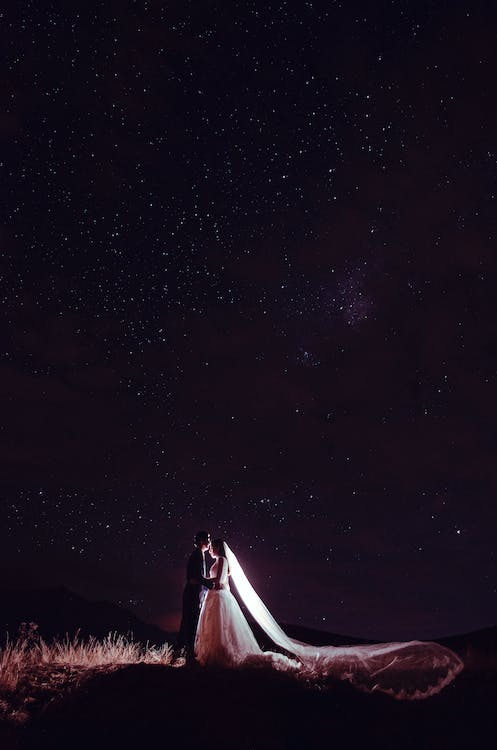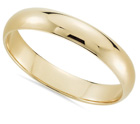 In wealthy and powerful countries, a wedding is usually a romantic affair, a spiritual union of two people deeply in love with each other, but for many poorer states, it can be an economic arrangement just as well. Men and women get married to survive and earn a living. Ecuador is one of such countries. Of course, by far not all of the weddings here are arranged without love and affection, but the percentage is rather high. Still, there are many happy couples who have found each other, fallen in love, and created a family because they are content and blissed out together.
In wealthy and powerful countries, a wedding is usually a romantic affair, a spiritual union of two people deeply in love with each other, but for many poorer states, it can be an economic arrangement just as well. Men and women get married to survive and earn a living. Ecuador is one of such countries. Of course, by far not all of the weddings here are arranged without love and affection, but the percentage is rather high. Still, there are many happy couples who have found each other, fallen in love, and created a family because they are content and blissed out together.
In many cultures, marriage is viewed as an economic arrangement rather than a romantic union, and the Inca people are no exception to this. Rather than a joyous and festive event, an Incan wedding is more akin to a transaction or business meeting. For the Inca, marriage serves as an economic safety net, providing both families with financial security.
This pragmatic perspective is reflected in the gender roles that men and women are expected to assume within a marriage. Incan men are expected to be the primary breadwinners, responsible for supporting their families financially. In contrast, Incan women are tasked with taking care of the household and children. These traditional roles are intended to ensure that the family is economically stable and able to weather any financial challenges that may arise.
At the same time, traditional Ecuadorian weddings are steeped in rich cultural customs and superstitions, making them truly unique and memorable experiences. The ceremony begins with a processional, where the bride and groom walk down the aisle accompanied by their families and friends. The exchange of vows is a pivotal moment in which both parties express their commitment to each other before family and friends. Couples also exchange rings and may choose to include additional rituals such as lighting candles or breaking glass cups for good luck.
During the reception, music and dancing are key elements, with traditional music such as marimba, cumbia, salsa, and bachata being popular choices. Food also plays a significant role, with traditional dishes like empanadas, tamales, locro de papa (potato stew), ceviche, and hornado being served, along with a variety of drinks, including chicha morada, agua fresca, and colada morada.

Ecuadorian weddings are also known for their cultural customs and superstitions, such as dressing the bride and groom in colorful attire (red, blue, yellow, etc) symbolizing joy and happiness. The couple is blessed with rice, salt, and water during the ceremony, representing fertility, strength of character, and purification from negative energy. Guests can join in by throwing coins over the heads of the newlyweds as a sign of prosperity.
After the wedding, many couples choose to go on a honeymoon, either to the beach or mountains, to relax or explore. Visiting local attractions is also a great way to learn more about Ecuadorian culture during your honeymoon.
If you’re from Ecuador, all the mentioned wedding customs and rituals are familiar and dear to your heart. And if this is not your native culture but it attracts you, think about incorporating Ecuadorian wedding traditions into your own celebration to make it even more memorable. From the traditional ceremony and reception to cultural customs and superstitions, there are plenty of ways to make your event truly special.

